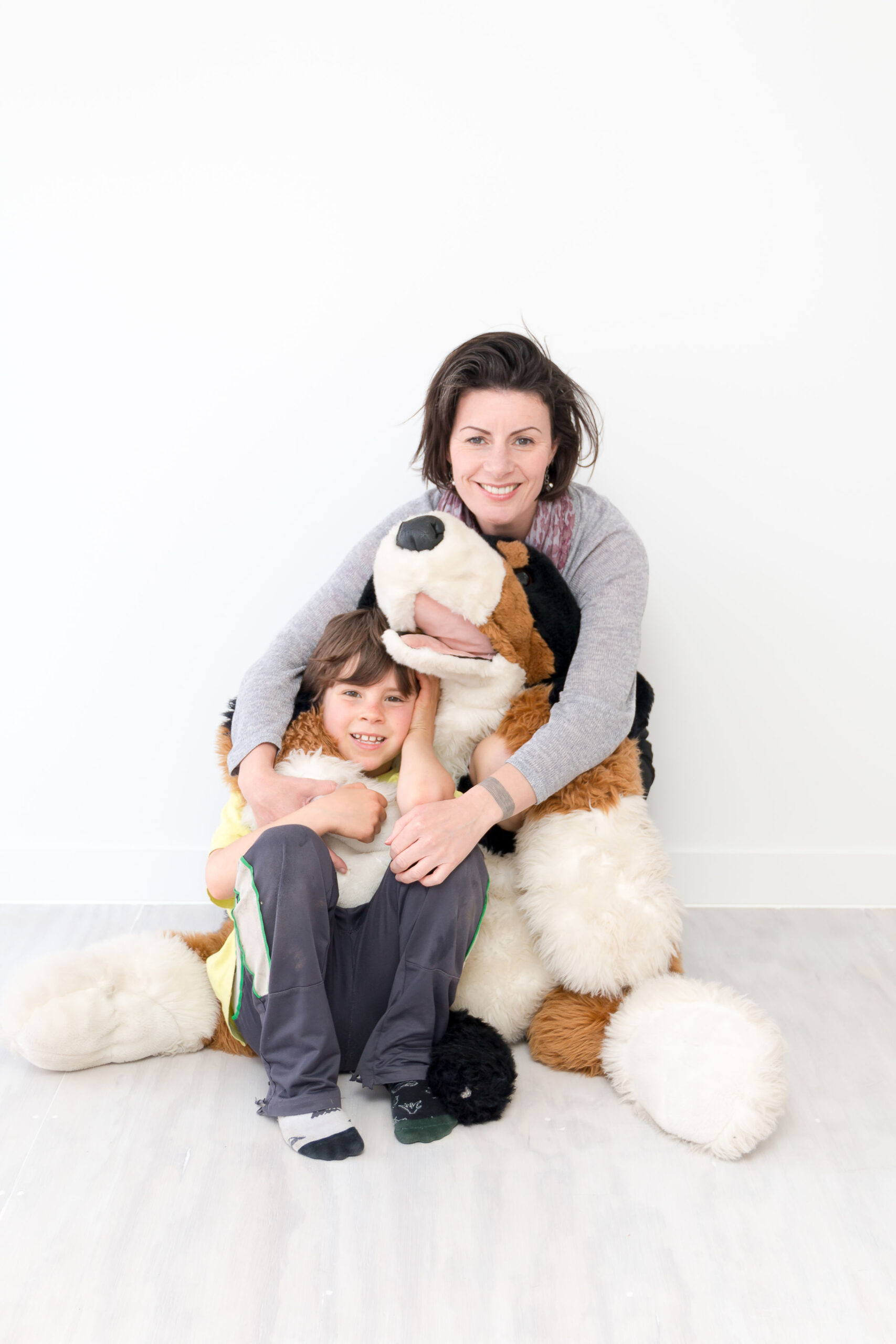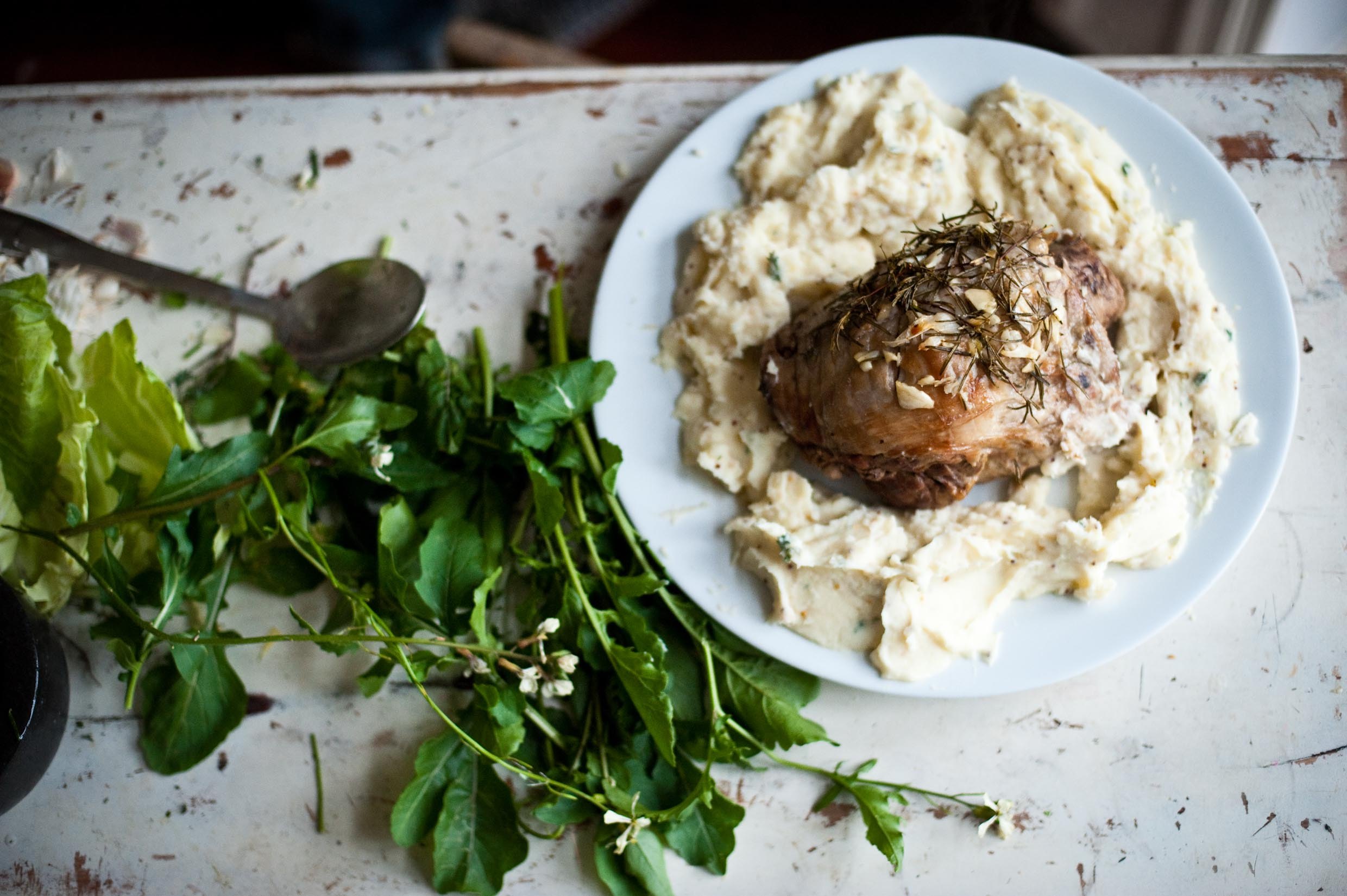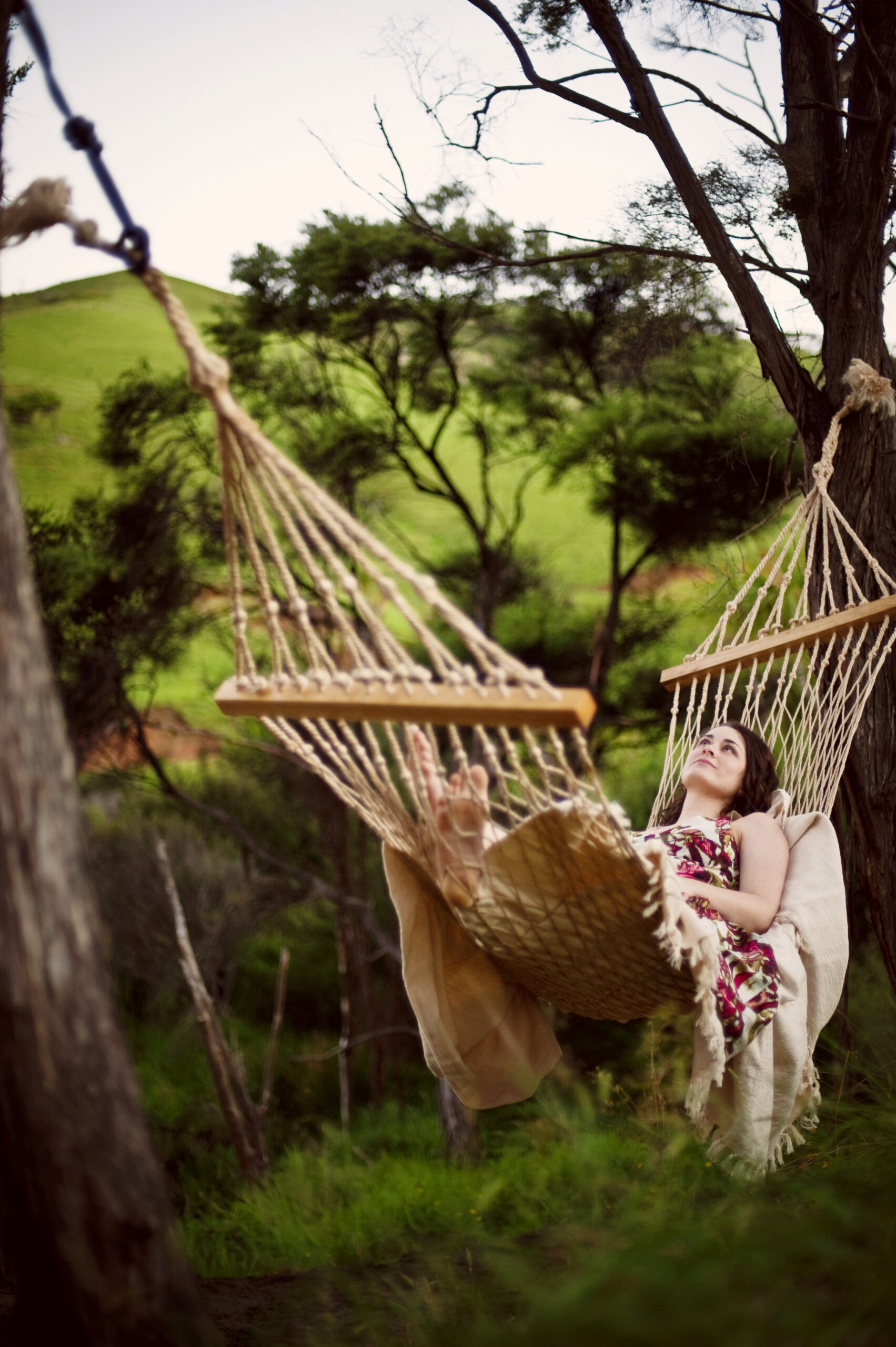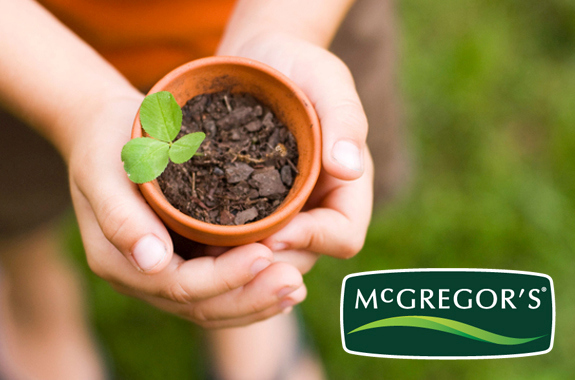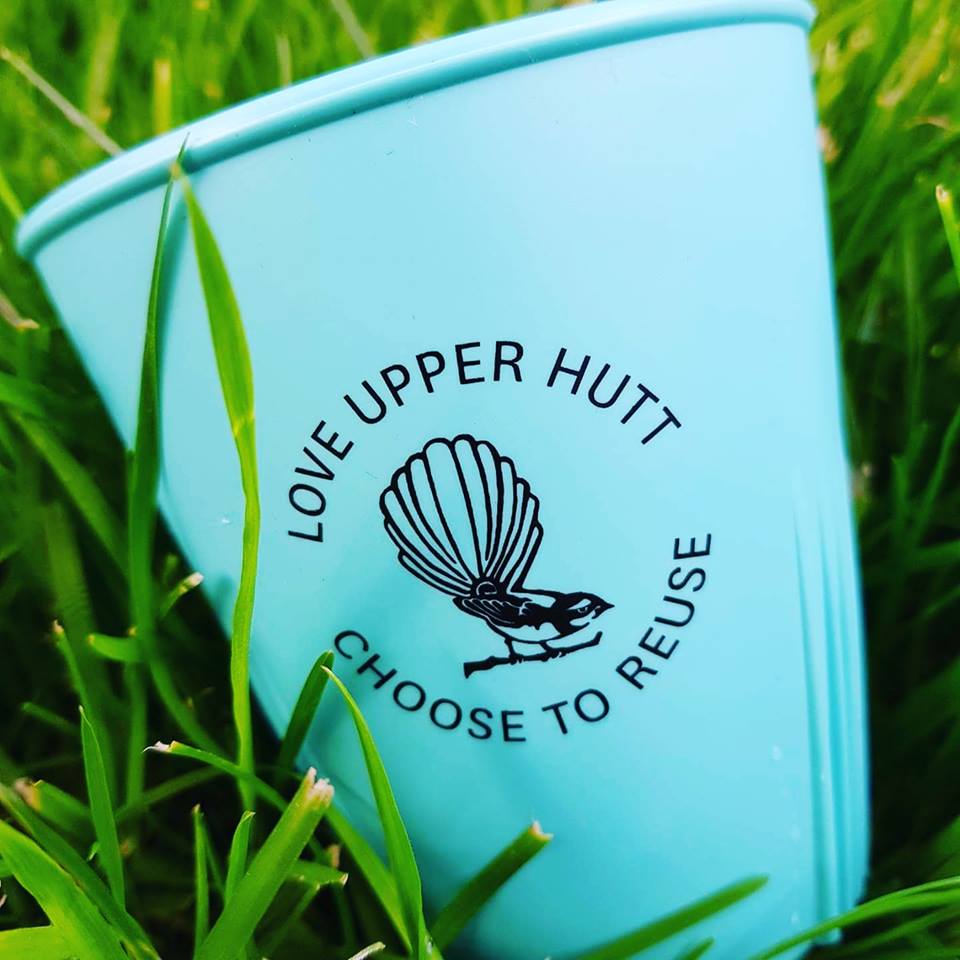In association with Ti Ora Tea, Good Magazine presents to you a series of motivational podcasts covering a wide range of wellbeing topics. If you’re looking for new ways to care for the planet, the people around you, and yourself, Ti Ora Tea Talks is a great place to start.
Helping parents be okay with being parents is what parenting mentor Jacqlin Richards does best.
The mum and former architect became a parenting mentor after working through her own parenting journey.
She and her ex-husband planned to be the best parents and support each other but when the babies arrived, their best intentions went in the opposite direction.
“What I can now see is I became a single mum before I even was one,” says Richards. “I just completely pushed my husband aside because that is what I saw my mother do. And a lot of our dads were not hands-on as we want our partners to be these days and it is just a cycle. I had my reference point of my parents parenting together because my parents split when I was a child. Mum’s dad was over fighting the war and she was raised by her Mum. So when I became a parent I did everything on my own. I put my kids first. Pushed my relationship aside and my relationship really struggled with that and that is what I see out there so often.”
The most common reason parents seek Richards help is because of their kids behaviour. Not listening, responding or doing what they’ve been asked to do.
“There’s no way around it. We need our kids to do certain stuff. We need them to get into the car, brush their teeth, go to bed at a reasonable time. A lot of parents have struggles with that,” she says.
“But what comes out, as we work together, is a lot of the underlying stuff gets in the way of parents putting in good boundaries with their kids and having good agreements with their children and trusting themselves as parents. And letting go of the guilt. A lot of parents are just not enjoying being parents and it is a real struggle for them.”
Richards says it is natural for parents to want the best for their children and as a result they often push pause on their own lives. What she helps parents realise is that their needs are just as important. And most especially during lockdown.
“It’s important parents get time on their own because they are the captains of the ship. Even if it is walking up the road or going to the loo for five minutes on their own. Some parents doing it on their own as sole parents,” says Richards.
That includes being relaxed around devices. If having your kids on a device for a bit so you can have a cup of tea and have some mental relief then that is great. If having them on to much turns them into crazy monsters, there is a balance there.
“When we put everybody else’s needs ahead of ourselves we are not looking after ourselves,” says Richards. “And we can’t change anyone apart from ourselves. Believe me I have tried for years!”
And while most parents would love it if Richards worked with the kids, she prefers to work with the parents.
“Kids are like a barometer, they sense the pressure in the environment. Because they are super sensitive and intuitive and if something doesn’t feel great and if stress and anxiety or the fear in the environment they feel it and they reflect it back to us through their behaviour and sometimes their behaviour is not desirable and what a lot of parents don’t realise is if the environment is stressed their kids are going to be feeling it. If I work with the parents the kids just shift automatically,” she says.
The most interesting thing about parenting, explains Richards, is that we continue these cycles from the past and the way that we are parented we bring into our own parenting.
“I often say it doesn’t matter if you are a parent or not. You are still parenting or parented,” says Richards. “I learned how to parent my own inner child. I like to look at it as three aspects of ourselves. There’s the child aspect; adult aspect and our parent aspect. Even if we are not physical parents we are all parenting all the time because we are parenting a smaller version of ourselves that is still in there. That vulnerable inner child that we get triggered as parents every time small children push our buttons. They transport us back to our childhood when we first ever felt that way.”
Watch our chat with Jacqlin here:
Listen to the podcast interview with Jacqlin here:


